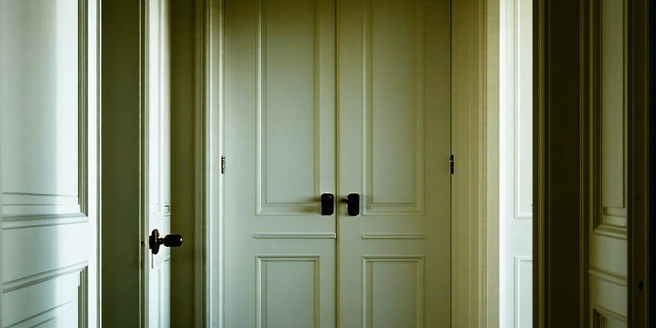Apartment Neighbor Etiquette

Understanding Noise Levels
Living in close quarters requires a considerate approach to managing noise. Every occupant has their own noise tolerance, which makes it important to understand when your activities might disrupt your neighbors. Communicating openly with those living nearby can also foster a more harmonious community. Simple actions like keeping music or television at a moderate volume, especially during late-night hours, can help maintain a peaceful living environment. Additionally, being aware of how sound travels in the building, such as through shared walls or floors, can guide you in adjusting your habits. If you host gatherings, inform your neighbors in advance and be mindful of the time. Remember, a quick apology can go a long way in smoothing over any accidental disturbances.
Sharing Common Spaces Responsibly
Common spaces in apartment complexes, like hallways, laundry rooms, and lobbies, should be treated with respect. Being aware of shared rules, such as cleanup responsibilities or usage time limits, helps maintain harmony. Avoid monopolizing resources and ensure you leave the area tidy for the next person. This extends to noise levels in these areas, as well. It’s important to remember that these are shared environments. Be mindful of others’ presence and avoid loud conversations or phone calls. Consider how your actions might impact those living around you. By participating actively in keeping these spaces pleasant, you’re promoting a sense of community and mutual respect among neighbors, which ultimately contributes to a more enjoyable living environment for everyone involved.
Managing Pet Etiquette
Residents with pets should ensure their companions do not become a source of distress for others. Monitor your pet’s behavior to prevent excessive noise, such as barking or scratching. It might also be helpful to enroll your pet in obedience classes to improve their social skills. Regular walks can help manage energy levels and reduce agitation. Maintaining a healthy routine can significantly contribute to your pet’s overall well-being. Responsible owners should also promptly clean up after their pets in shared areas and ensure pets are leashed where required. Additionally, awareness of any fellow tenants’ allergies or fears can guide interactions. Communicating openly with neighbors about concerns can prevent misunderstandings. By maintaining responsible pet etiquette, you contribute positively to your building’s atmosphere.
Respecting Privacy and Personal Space
Maintaining a sense of privacy and personal space is essential in a densely populated environment. Curtains or blinds should be used at appropriate times to prevent unintentional invasions of privacy. Be mindful of noise levels, especially during late hours, to ensure tranquility. Listening for cues, such as closed doors or headphones, can signal when a neighbor may not wish to engage. It’s important to remember that everyone deserves a little peace and quiet. Refrain from peering into apartments or engaging in conversations around private matters. If unsure, err on the side of privacy and respect your neighbors’ boundaries. Practicing these principles not only enhances personal comfort but also fosters a respectful environment that recognizes each individual’s need for solitude and personal space.
Handling Conflicts Amicably
Disputes are sometimes inevitable in communal living, but handling them amicably can prevent long-term tension. When addressing concerns, approach conversations calmly and respectfully. One effective strategy is to listen actively, ensuring that your neighbor feels heard and understood. Clearly communicate your perspective while remaining open to your neighbor’s point of view as well. Building a foundation of mutual respect makes discussions more productive. If a resolution isn’t immediate, consider mediation or involving property management for a neutral perspective. Maintaining a focus on resolution rather than blame can lead to constructive outcomes. Remember, small gestures of kindness following a conflict can help rebuild goodwill. Overall, viewing conflicts as opportunities for growth and understanding fosters a cooperative and friendly community.